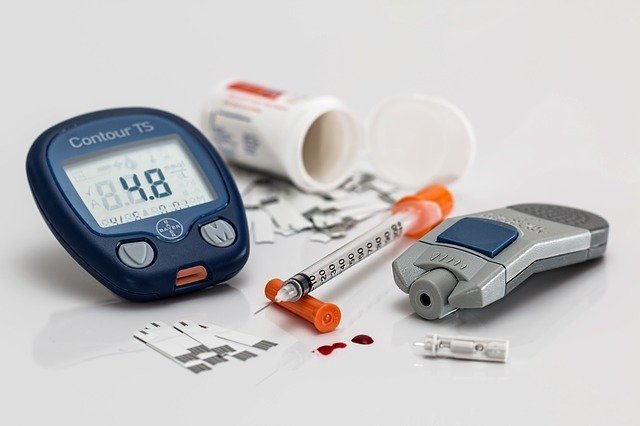
People with diabetes and kidney disease are at extremely high risk of kidney failure, heart attack, stroke, and death.
In a recent study from Stanford University and elsewhere, researchers found that a drug lowers the risk of kidney failure by a third in people with Type 2 diabetes and kidney disease.
The study is published in the New England Journal of Medicine. One author is Kenneth Mahaffey, MD, professor of medicine.
In the study, the team examined 4,401 participants in 34 countries.
Participants received the best care available for kidney disease under current guidelines, a type of therapy called the renin-angiotensin-aldosterone system, or RAAS, blockade.
In addition, half were randomly selected to receive canagliflozin, while the other half were given a placebo.
The researchers found the drug, canagliflozin, improves on a nearly two-decades-old therapy that is currently the only treatment approved to protect kidney function in people with Type 2 diabetes.
The drug canagliflozin also could help reduce the risk of major heart disease events.
Participants who took canagliflozin were 30% less likely than the placebo group to develop kidney failure or die from either renal failure or heart disease.
Their risk of kidney failure or death from kidney failure was reduced by 34%, and the risk of hospitalization for heart failure or death due to cardiac causes decreased by 31%.
The team says canagliflozin increases the excretion of glucose through the kidneys.
It has already been approved by the Food and Drug Administration to lower blood glucose in patients with Type 2 diabetes and to reduce the risk of major adverse heart events in patients with Type 2 diabetes and existing heart disease.
The team says for the first time in 18 years scientists have therapy for patients with Type 2 diabetes and chronic kidney disease that decreases kidney failure.
Patients with diabetes now have a promising option to guard against one of the most severe risks of their condition.
Copyright © 2020 Knowridge Science Report. All rights reserved.



